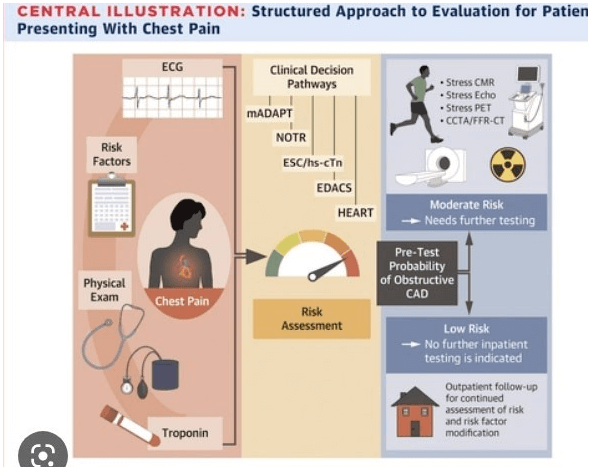A nurse is reinforcing discharge teaching with the caregiver of a client who has dependent personality disorder. Which of the following instructions should the nurse include in the teaching?
Assume responsibility for making the client's decisions.
Maintain a verbal no-harm contract with the client.
Limit the client's social interactions.
Encourage the client to be assertive.
The Correct Answer is D
Encouraging the client to be assertive is an important aspect of managing dependent personality disorder. It helps the client develop self-confidence, make independent decisions, and advocate for their own needs.
Empowering the client to express their opinions and assert their boundaries can contribute to their personal growth and reduce their reliance on others.
Nursing Test Bank
Naxlex Comprehensive Predictor Exams
Related Questions
Correct Answer is B
Explanation
It is important for the client to remain still during the recording of a 12-lead ECG to obtain accurate and clear readings of the heart's electrical activity.
The orthopneic position (sitting upright and leaning forward) is typically used to help relieve shortness of breath in clients with respiratory distress and is not directly related to obtaining a 12-lead ECG.
Attaching a blood pressure cuff is not necessary for obtaining a 12-lead ECG, as it measures blood pressure and not the electrical activity of the heart.
A mild stinging sensation is not expected during the test. The electrodes used to record the ECG are typically adhesive and do not cause discomfort to the client
Correct Answer is {"dropdown-group-1":"C","dropdown-group-2":"B"}
Explanation
The client's symptoms are concerning for angina or a possible myocardial infarction (heart atack) and require immediate intervention. Nitroglycerin is a medication that can help relieve chest pain associated with cardiac events by dilating blood vessels and reducing the workload on the heart.
Therefore, the nurse should administer nitroglycerin as ordered by the provider. After administering nitroglycerin, the nurse should obtain an ECG to assess for any changes in cardiac rhythm or evidence of ischemia (lack of blood flow to the heart muscle).
The ECG can provide important diagnostic information and guide further treatment decisions.

Whether you are a student looking to ace your exams or a practicing nurse seeking to enhance your expertise , our nursing education contents will empower you with the confidence and competence to make a difference in the lives of patients and become a respected leader in the healthcare field.
Visit Naxlex, invest in your future and unlock endless possibilities with our unparalleled nursing education contents today
Report Wrong Answer on the Current Question
Do you disagree with the answer? If yes, what is your expected answer? Explain.
Kindly be descriptive with the issue you are facing.
